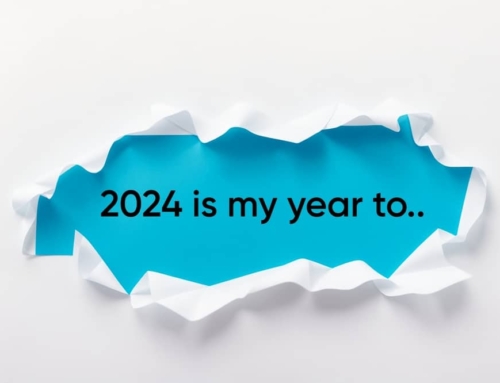Q: I have a building for sale and the buyer wants me to finance his purchase at a decent rate with a 5-year balloon.
The sales price is $450,000. What is a typical down payment I should require? What are balloon payments and how do I figure them? Thanks for your help.
A: The buyer is asking you to be the lender for the property. The question you should be asking yourself is “Why?”
Is the buyer financially qualified to get a loan with an outside lender? Have you pulled copies of his credit score and credit history? Have you seen copies of his financial statements? Have you done any due diligence on this person? Do you know if he can afford to make the payments if he can’t find a tenant for one of the units?
There are two reasons why a buyer asks a seller to be the bank in a transaction: (1) they can’t get a loan from a traditional financial institution; or (2) they’re hoping you won’t charge them the same fees or require the same down payment as an institution would.
If you’ve done your homework and background check on the buyer, I don’t have a problem with asking for 10 to 20 percent down, and then offering an interest rate that is comparable to what a bank would charge, perhaps 7 to 8 percent, depending on this buyer’s credit score.
If the credit score is above 775, then I’d probably charge on the lower end of the scale. If the score is below 650, I probably wouldn’t lend the cash at all, or would do it with a 30 percent down payment and an interest rate of 8.5 percent. I’m not saying that someone with a credit score of 600 isn’t an excellent buyer for your property — just that it’s a huge risk for you to finance the purchase.
Why does this sound so tough? Once you allow this buyer to take over your building, you lose control of the property. You don’t know who is renting from the new owner, and if the buyer starts to fall behind on payments, you’ll have a lot of work to do to get back on top of the situation.
While I know there are piles and piles of books being published that make taking back loans sound easy, let me assure you and your buyer that making money from investment real estate is all about anticipating the bad times, and having a plan in place that allows you to recoup your losses and move forward.
Assuming you’ve done all the necessary background checks, and have decided to move forward with the financing of this buyer, a balloon loan could be a good choice.
A balloon loan is one where the buyer makes regular monthly payments. At the end of the balloon term (or sooner, if you allow it), the entire balance is due in full.
So if you lend this buyer $405,000 at 8 percent on a 30-year amortization schedule, the monthly payments to you would be about $3,000 each month. At the end of 5 years, or on the 60th payment, the buyer would write you a check for about $390,000, representing the remaining balance due on the loan.
You should have your own real estate attorney draw up the documents and provide the buyer with an amortization schedule. In addition, you may want to consider having the buyer provide you with a copy of a paid-up property insurance policy each year, so you know that the building is insured.
And don’t forget about property taxes. You’ll want the buyer to pay a monthly amount to you to make sure you have the money to pay the property taxes so that you know the property won’t be lost due to unpaid real estate taxes.
As you can see, there are plenty of risks involved with acting as the bank. I’m not saying it can’t be a great transaction for everyone. But you’ve got to know who and what you’re dealing with.






Leave A Comment